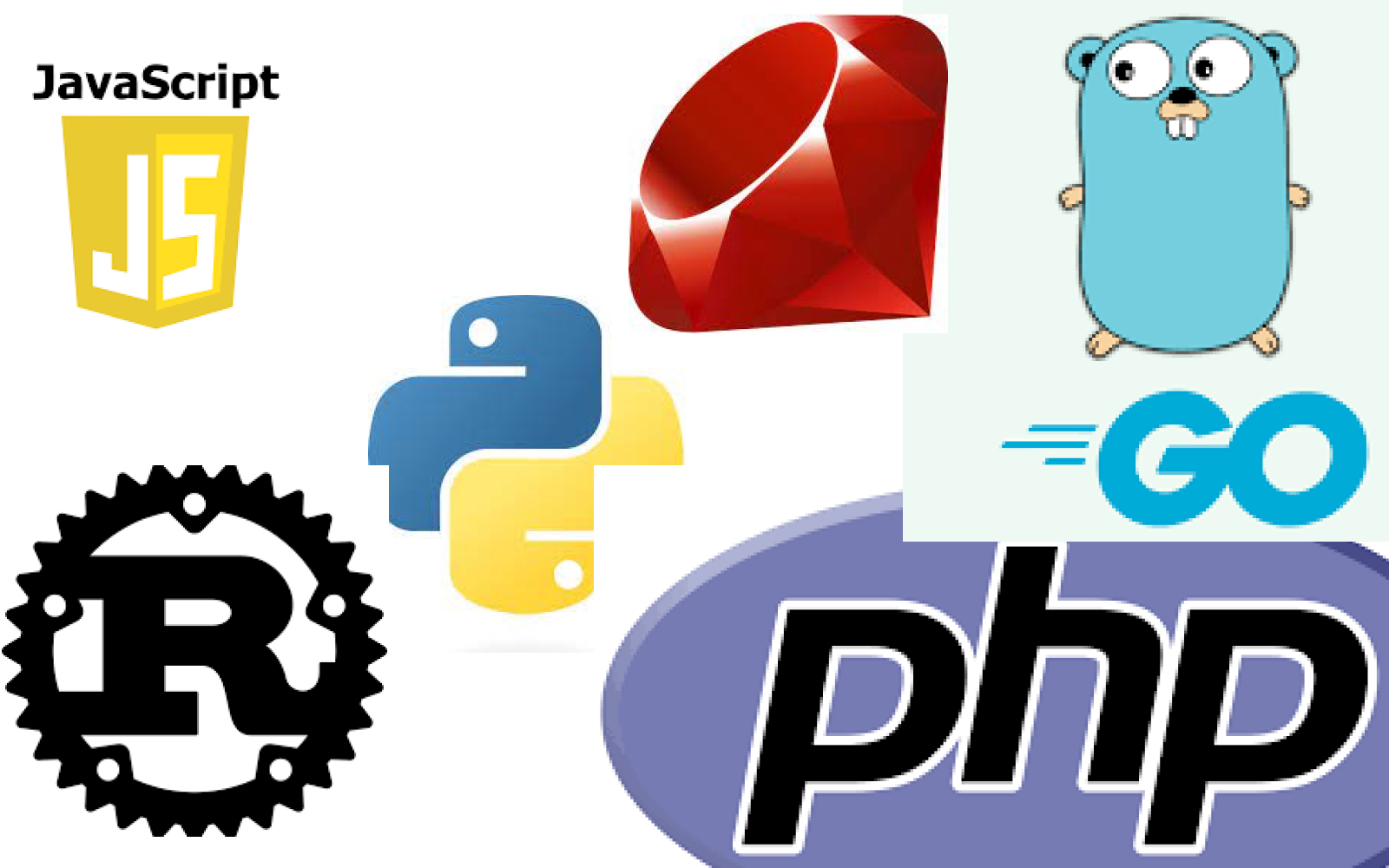
Choosing Your First Programming Language: A Beginner's Guide
Introduction: What is a Programming Language?
Before diving into the world of programming, it's essential to understand what a programming language is. A programming language is a formal set of instructions that tells a computer what to do. It's the medium through which we communicate with machines, enabling them to perform various tasks, from simple calculations to complex algorithms driving modern applications.
What Are Programming Languages Used For?
Programming languages are used to build software applications, automate tasks, analyze data, and much more. Whether you're creating a website, developing a mobile app, or even automating repetitive tasks, programming languages give you the tools to bring your ideas to life.
What Are You Trying to Build?
The choice of your first programming language should align with what you aim to build. Are you interested in web development, mobile app development, data science, game development, or something else? Each domain has languages that are best suited for specific tasks:
- Web Development: HTML, CSS, JavaScript, PHP, Python
- Mobile App Development: Swift (iOS), Kotlin (Android), React Native (cross-platform)
- Data Science: Python, R
- Game Development: C#, C++, Unity (using C#)
- Automation/Scripting: Python, Bash, PowerShell
Understanding the Fundamentals
Regardless of the programming language you choose, the fundamentals of programming remain the same. Concepts such as variables, control structures, data types, loops, and functions are universal. Understanding these basics will make it easier to transition between languages in the future.
Avoiding Bias and Making Logical Decisions
When choosing a programming language, it's important to avoid biases, especially those perpetuated on the internet. Every language has its strengths and weaknesses, and the best language for you will depend on your specific needs and goals. Take the time to logically reason out the differences between languages and understand why some programmers prefer certain languages over others.
Experimenting with Multiple Languages
Trying out several languages can provide you with a better understanding of what each has to offer. This hands-on experience can help you determine which language you feel most comfortable with and which best suits the type of projects you want to work on.
Be Prepared for a Challenge
It's also important to note that the best-suited programming language for your goals may not always be the one you find most enjoyable. Be prepared to push through initial challenges, as mastering a language can be incredibly rewarding and open up numerous opportunities.
Conclusion
Choosing your first programming language is a significant step in your journey as a programmer. By understanding what a programming language is, considering what you want to build, and focusing on the fundamentals, you'll be well-equipped to make an informed decision. Remember, there's no one-size-fits-all answer—explore, experiment, and find the language that resonates with you.
Happy coding!
Writen by: Ronald Ngarombo
Last updated on: 16th August 2024